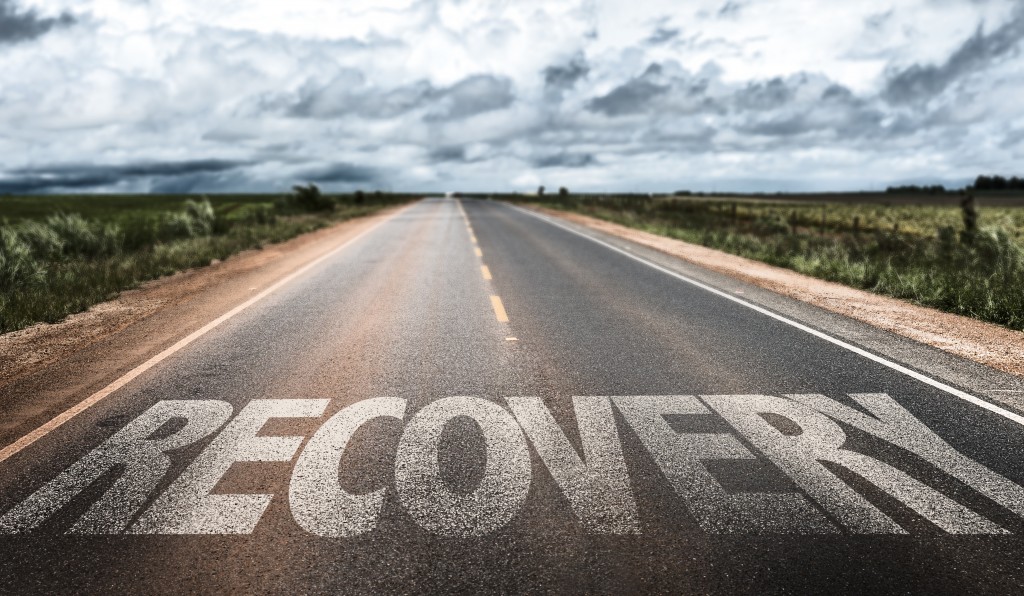The pandemic is far from over, but there are ways you can start rebuilding your finances after taking a hit from the effects of COVID-19.
The COVID-19 pandemic is not only taking lives, but it’s also making devastating socioeconomic changes all across the globe. Millions of people have lost their jobs, either temporarily or permanently. Economies are suffering all over the world. Businesses are closing down left and right. So if your finances have been heavily affected by this pandemic, then you are not alone.
Even in the face of adversity, there is always a way to recover. Here are some strategies on how to restore your financial health during and after the pandemic:
1. Talk to your lenders
If you are out of a job, the first thing you should do is talk to your lenders, particularly your trusted mortgage brokers. Many creditors will be inclined to work out a repayment plan for you, considering the current circumstances, especially if the pandemic has made you lose your source of income.
2. Try to get payment deferrals
In light of the economic impact of the pandemic, many services providers are offering payment deferrals without penalties. Try to negotiate a payment deferral for your service providers and lenders; this can help you stretch the cash that you have on hand. Even if they don’t advertise this option on their website, make it a point to ask.
3. Pay off bills wisely
Pay off the bills that are due immediately and will incur a late fee if you don’t pay. Not only will this allow you to avoid late fees, but it will also prevent docks on your credit score.
4. Make a new budget
Cutting back on expenses is not fun for anyone, but it is a necessary step to securing your finances while the pandemic is still ongoing. Make a new and tighter budget that will allow you to save more money for emergencies. You may have to make a lot of sacrifices along the way, but you will thank yourself later when you have an emergency fund to give you peace of mind.
5. Take a look at your policies
You may have insurance policies that can help cover some of your lost income or pay your mortgage. Check your insurance policies to make sure, particularly your life insurance, payment protection insurance, and mortgage protection insurance.

6. Sell assets
Selling your assets can help rebuild at least some of the wealth you’ve lost during this pandemic. However, remember to be smart about it. Unless you are in desperate need of cash, don’t sell your assets at a price that puts you at a loss.
Assets that you can sell include vehicles, properties, stock, jewelry, electronics, and other valuable possessions.
7. Consider loan consolidation
Consolidating your loans can make it easier for you to pay off your debts, all while having lower monthly payments. Depending on your financial situation, you can either do this during the pandemic or after some normalcy has returned and you have a steady source of income again.
8. Access your savings
If you have a fixed-term or notice savings account, contact your bank and ask how you can access your savings. Your bank may allow you to access your funds without a penalty, so make sure to look into this option when you’re strapped for cash. However, it is recommended that you avoid accessing your savings account until you really need to. In this way, you can have funds to rely on in case a real emergency comes along.
9. Use your stimulus check wisely
Whenever you receive cash support from the federal government, use that money wisely. For example, buy only the essentials and pay the most urgent bills first. Then, bootstrap your budget in order to stretch those dollars further, especially if you have no other income to rely on.
10. Find a source of income
If you still have your job, then that’s great. But if you have lost your job or are receiving lower pay, try finding another source of income to help you get by. You can freelance, start a small business, or do odd jobs here and there. If you are working part-time, you can get another part-time job to increase your cash flow, which can help you rebuild your finances further.
This pandemic has had a huge impact on everybody’s finances, particularly for those who belong in the working class. But just like any other crisis that comes along, there is still a ray of hope that we can all cling to. COVID-19 is still not over, but you can start rebuilding your finances using these smart strategies.

